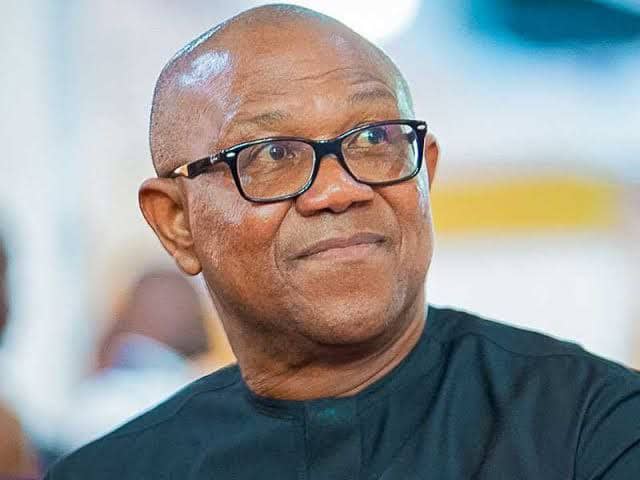The Labour Party’s 2023 presidential candidate, Peter Obi, on Children’s Day, urged Nigerians—especially those in leadership—to prioritise the well-being and future of the nation’s children, describing them as “the heartbeat of our nation and the bearer of our collective hopes and dreams.”
In a statement released Tuesday, Obi stressed the urgency of addressing the many challenges confronting Nigerian children.
“Days like this offer us the opportunity to appreciate the immense potential of our children, who represent the hope of a brighter tomorrow in our nation if only we care for them today,” he said.
He noted that children in Nigeria deserve “a nation that prioritises their well-being, education, safety, and future.”
Citing a 2023 UNICEF report, Obi highlighted that over 110 million people under 18 reside in Nigeria, a figure that underscores the need for deliberate investment in youth.
“Such high numbers of young people in Nigeria should challenge us, as leaders, to commit wholeheartedly to investing in the future of the children. Their future is the future of the nation,” he stated.
Obi lamented the grim conditions many children endure, beginning from infancy.
“Nigeria today is among the nations with the highest infant mortality rates in the world,” he said.
Referencing a 2024 UNICEF report, he revealed that 11 million children in Nigeria suffer from severe food poverty, with one in four under-five children stunted due to malnutrition, particularly in rural and hard-to-reach areas.
Obi also raised alarm over the country’s educational crisis, noting that over 18 million children are currently out of school—“among the highest in the world.”
He called this situation “a deep national wound,” adding, “each out-of-school child represents a dream deferred, a future endangered, and a country that is failing to uphold its most sacred responsibility.”
While many children struggle to learn on the streets, he said, schools remain under-resourced, unsafe, or unreachable.
Obi criticised the state of children’s healthcare, remarking that “primary healthcare that should cater to the basic healthcare needs of our children is practically non-existent.”
He also decried the rising insecurity that threatens children’s safety.
“Violence, kidnapping, and abuse have forced thousands of children to flee their homes, live in fear, or grow up in regions where dreams are stifled by conflict,” he said.
Citing a 2022 National Bureau of Statistics report, Obi highlighted that 46.5% of children aged 5–14 are engaged in child labour, describing the situation as “heartbreaking to see the future of our children jeopardised when they should be nurtured.”
Despite these obstacles, Obi acknowledged the resilience and talent of Nigerian children, urging citizens to protect and invest in their future.
“Their dreams are valid and we must invest in their future, our future!” he declared.
He reaffirmed his commitment to building a Nigeria “where every Nigerian child can feel secure, grow in peace, enjoy good access to education and health and have the enabling environment to pursue their dreams and contribute productively to societal development.”
Obi concluded by underscoring the need to create “a nation where no child is left behind and where the child of a nobody can become somebody through hard work and productivity.”
“We will continue to fight for a Nigeria where you can dream freely, learn safely, and rise boldly. That is the country we must build, and we owe you nothing less,” he added.



